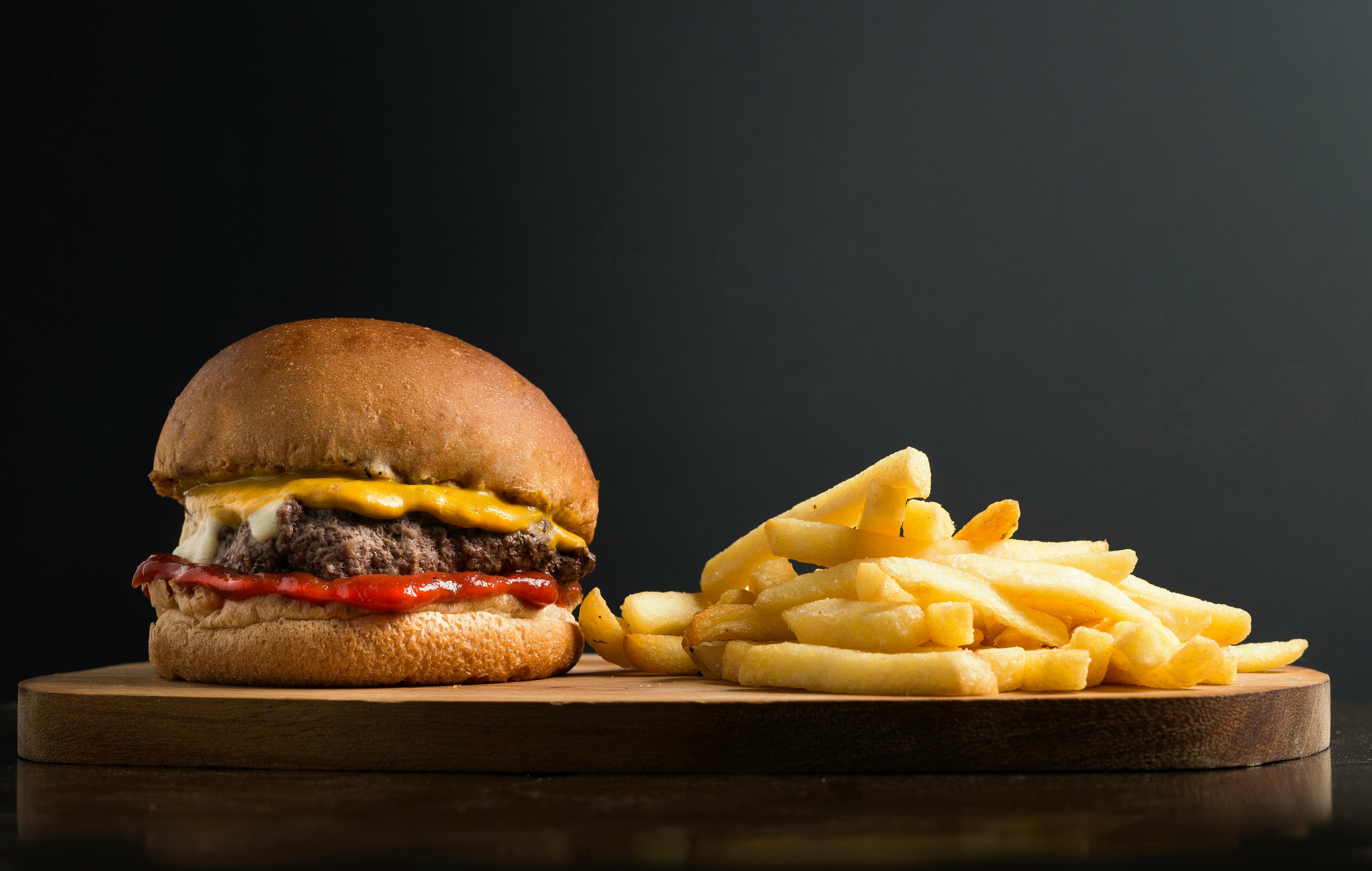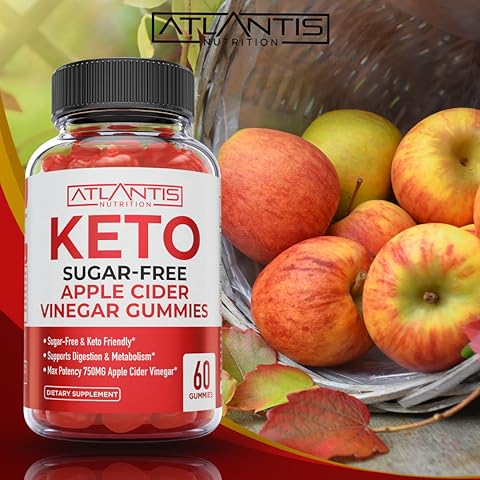Best 7 High Fiber Keto Foods to Optimize Your Diet in 2025

Essential Guide to High Fiber Keto Foods for 2025
As the popularity of the ketogenic diet continues to rise, understanding how to optimize your meals with high fiber keto foods becomes increasingly important. High fiber diets play a crucial role in maintaining digestive health and enhancing overall well-being while following a low-carb lifestyle. In 2025, focusing on fiber-rich options compatible with the keto diet is essential for achieving optimal nutrition.
This article explores the best seven high fiber keto foods that can help you maintain the necessary fiber intake while enjoying delicious meals. We'll delve into keto-friendly fiber sources, low-carb high fiber snacks, and fiber supplement options, empowering you to make informed choices for your diet. Additionally, we'll share expert tips and recipes to inspire your meal prep and increase your fiber consumption.
By the end of this article, you will discover the importance of integrating fiber into your keto meals, learn about the benefits of fiber-rich foods, and find practical ways to enrich your ketogenic diet. Let's get started!
Top 7 High Fiber Keto Foods for Your Pantry
1. Chia Seeds: The Fiber Powerhouse
Chia seeds are a top choice for anyone on the ketogenic diet, providing an impressive fiber content of about 11 grams per ounce. These tiny seeds not only boost your fiber intake but are also rich in omega-3 fatty acids, making them a nutritious addition to your meals. You can easily incorporate chia seeds into your diet by adding them to smoothies, yogurt, or even making keto-friendly puddings.
When consuming chia seeds, it’s important to remember to hydrate them beforehand to maximize their potential benefits and prevent digestive discomfort. This is a crucial fiber tip for managing fiber on the keto diet sustainably.
2. Avocado: The Creamy Fiber Fruit
When you think of low-carb high fiber snacks, avocados should be at the top of your list. A medium avocado contains about 10 grams of fiber and is packed with healthy fats that align perfectly with keto guidelines. The creamy texture of avocado also makes it a versatile ingredient. You can add it to salads, include it in smoothies, or simply enjoy it sliced with a sprinkle of salt.
Moreover, avocados are beneficial for blood sugar regulation and provide a satisfying meal option that can help manage hunger on keto. Incorporating this fruit into your daily intake can greatly contribute to your overall fiber goals without sacrificing taste.
3. Brussels Sprouts: The Nutrient-Dense Vegetable
Brussels sprouts are not only one of the best fiber-rich keto vegetables available but also a great source of vitamin C and K. These little cabbages provide roughly 4 grams of fiber per cooked cup. Roasting or sautéing Brussels sprouts with olive oil and seasonings can make for a delightful side dish that complements many main courses.
Including Brussels sprouts in your meal prep allows for a high fiber low carb food option that’s easy to whip up. Plus, they add a unique flavor to your dishes, making your keto meals more diverse. Try a Brussels sprouts keto recipe by pairing them with bacon for a deliciously savory dish!
4. Flaxseeds: Versatile and Fiber-Rich
Flaxseeds are another fantastic fiber source, providing around 11 grams of fiber per ounce (ground). These seeds are also high in omega-3 fatty acids and antioxidants, making them a nutritional powerhouse. Flaxseeds can be added to smoothies, baked goods, or even used as an egg substitute in recipes for fiber on keto.
When incorporating flaxseeds into your diet, make sure to use ground flaxseeds for better digestion and nutrient absorption. This can aid in improving digestive health on keto and maximize the benefits of fiber supplementation for keto.
5. Broccoli: The Low-Carb Green Wonder
Broccoli contains about 5 grams of fiber per cooked cup and is an essential addition to your keto diet due to its low carb content. This cruciferous vegetable is not only rich in fiber but is also an excellent source of vitamins C and K, making it a healthy, nutrient-dense choice.
Broccoli can be steamed, roasted, or even incorporated into soups to enhance your meals. By including this fiber-friendly vegetable in your keto meal ideas, you'll increase both your fiber intake and overall nutrient levels.
6. Nuts: A Crunchy Fiber Snack
Nuts, such as almonds and walnuts, offer a satisfying crunch while also being low in carbs and high in fiber. A handful of almonds contains 3.5 grams of fiber, making it an excellent choice for keto snacks high in fiber. Nuts are also rich in healthy fats, helping you meet your macronutrient requirements.
However, it’s crucial to be mindful of portion sizes when snacking on nuts, as the calorie count can add up quickly. Incorporate a variety of nuts into your diet to enjoy the different flavors while maximizing your fiber intake through these delicious keto-friendly options.
7. Psyllium Husk: The Fiber Supplement for Keto
Psyllium husk is a fiber supplement that can greatly aid in achieving your fiber intake goals on keto. Not only does it help in maintaining digestive health, but it also acts as a binding agent in recipes, making it an ideal ingredient for keto baking. One tablespoon of psyllium husk contains about 5 grams of soluble fiber.
This supplement can be easily added to keto smoothies or baked goods to enhance their fiber content without impacting their low-carb nature. Incorporating psyllium husk into your fiber guidelines for keto will support bowel health and aid in overall nutrient absorption.
Expert Tips for Incorporating Fiber into Your Keto Meals
Understanding Keto Fiber: Key Recommendations
To effectively manage fiber on keto, it’s vital to understand the types of fiber—soluble and insoluble—and how they contribute to digestive health. Soluble fibers, like those found in chia seeds or psyllium husk, help regulate blood sugar, while insoluble fibers aid in digestive regularity.
Strive for a balanced intake of both soluble and insoluble fibers by including a variety of the foods mentioned above in your meals. Regularly assessing your keto fiber intake can help you make optimal adjustments to your diet.
Keto Fiber Recipes: Delicious Ideas to Try
Making high fiber recipes keto-friendly doesn’t have to be a challenge. You can create fiber-rich keto meals by using ingredients like almond flour for baking, combining leafy greens in salads, and experimenting with vegetable-based dishes. Consider making a fiber-packed keto smoothie by blending avocado, spinach, and chia seeds for a nutritious breakfast option. These practical ideas will enhance your fiber intake while satisfying your taste buds.
Maintaining Your Fiber Intake: Practical Strategies
To effectively maintain your fiber intake on keto, meal planning becomes essential. Prepare low carb meal plans that incorporate a variety of high fiber foods to ensure you're meeting your dietary goals. Keeping a keto shopping list will help you remember to pick up fiber-rich items on your grocery trips, enhancing your fiber sources on keto.
Additionally, consider keeping fiber supplements on hand to help fill any gaps in your daily intake. Regular tracking of your fiber consumption can guide you on the right path towards maintaining gut health while enjoying the benefits of a ketogenic lifestyle.
Q&A: Common Questions About High Fiber Keto Foods
What are fiber-friendly keto drinks?
Fiber-friendly keto drinks include options such as chia seed-infused water, smoothies made with leafy greens and avocados, and broth fortified with psyllium husk. These beverages provide essential hydration and fiber while adhering to your low-carb goals.
How can I increase my fiber intake without adding carbs?
Opt for low-carb high fiber foods like leafy greens, nuts, and seeds. Incorporating fiber supplements such as psyllium husk can also significantly boost your fiber intake without adding to your carb count.
Why is fiber important on a keto diet?
Fiber plays a crucial role in digestive health, aids in managing blood sugar levels, and supports overall well-being. Ensuring sufficient fiber intake on a keto diet can alleviate potential digestive discomfort and contribute to better satiety levels.

